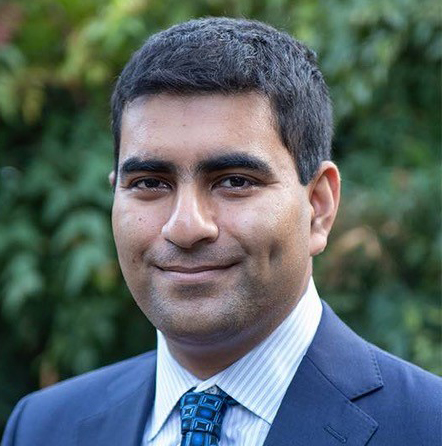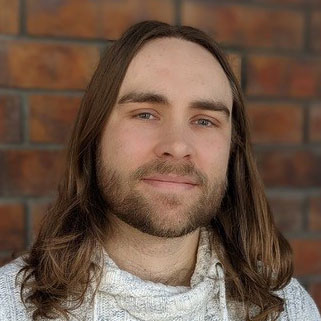Ranjan and Robinson Join LPL Faculty
LPL will welcome two new faculty members for fall 2022: Dr. Sukrit Ranjan and Dr. Tyler Robinson.
 Dr. Ranjan's work is focused on the origin of life on Earth, the search for life on other worlds, and the atmospheres of rocky exoplanets. He applies photochemistry to questions related to the origin of life on Earth and the search for life on other worlds. Sukrit works to constrain the palette of environmental conditions from which life arose on Earth to constrain and guide experimental studies of the origin of life. To search for life elsewhere, he works to determine observational tests by which life on other worlds may be remotely discriminated. In collaboration with experimental colleagues, Sukrit seeks to obtain the critical measurements of fundamental photochemical parameters required to build robust models in support of both goals.
Dr. Ranjan's work is focused on the origin of life on Earth, the search for life on other worlds, and the atmospheres of rocky exoplanets. He applies photochemistry to questions related to the origin of life on Earth and the search for life on other worlds. Sukrit works to constrain the palette of environmental conditions from which life arose on Earth to constrain and guide experimental studies of the origin of life. To search for life elsewhere, he works to determine observational tests by which life on other worlds may be remotely discriminated. In collaboration with experimental colleagues, Sukrit seeks to obtain the critical measurements of fundamental photochemical parameters required to build robust models in support of both goals.
Sukrit completed his Ph.D. in Astronomy and Astrophysics at Harvard University, where he was the first student to earn a certificate in Origin of Life studies. Sukrit completed his undergraduate work at MIT, majoring in physics and minoring in astronomy and history. In addition to research, Dr. Ranjan values outreach and education.

Dr. Robinson is an alumnus of the University of Arizona, earning a B.S. in Physics and Mathematics in 2006. He completed a Ph.D. in Astronomy and Astrobiology from the University of Washington in 2012. Ty held prestigious postdoctoral positions as a NASA Postdoctoral Program Fellow at NASA Ames Research Center and as a Sagan Fellow at the University of California, Santa Cruz, and he is a Cottrell Scholar (Research Corporation for Science and Advancement).
Ty uses sophisticated radiative transfer and climate tools to study the atmospheres of Solar System worlds, exoplanets, and brown dwarfs. He also develops instrument models for exoplanet direct imaging. He combines these areas of expertise in his work on the Habitable Exoplanet Observatory (HabEx) Science and Technology Definition Team, and in his contributions to the LUVOIR, WFIRST/Rendezvous, and Origins Space Telescope mission concept studies. He has had great success in building diverse research groups.

